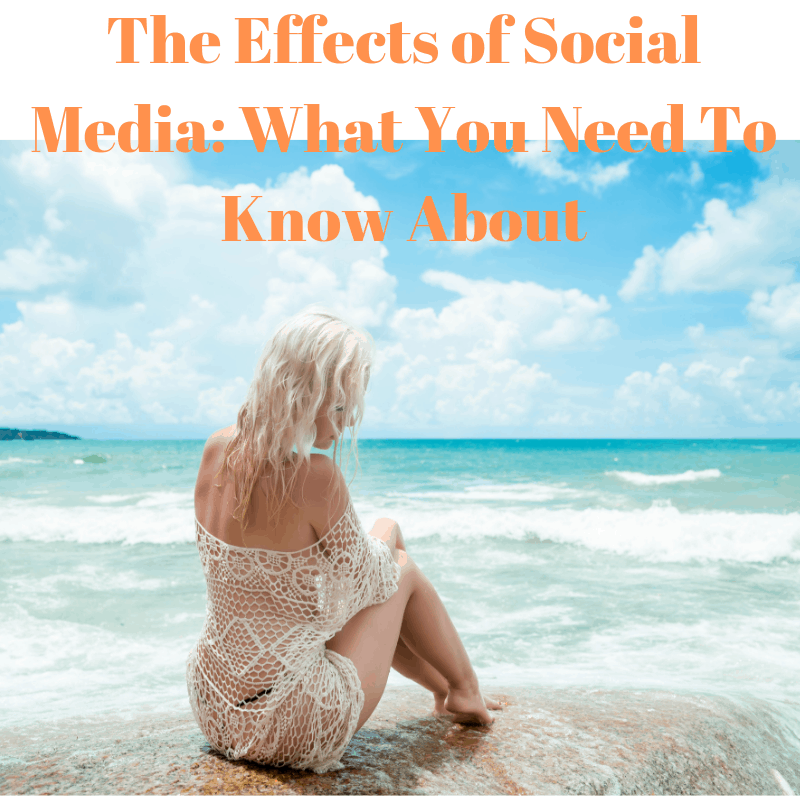
If you are active on social media sites like Facebook, Twitter, Pinterest, Instagram, etc, it’s probably a way of life for you or a common habit. We usually go on these sites because our friends and family members are on them – and we think nothing more of it. But that’s the difference between us and researchers or scientists.
There are researchers who like to dig into human behavior and their interaction with technology and social media. Some of the outcomes of the research tell us what we already know, while others have weird findings that you need to know about.
What science is saying about you and your social networks?
Photos and Eating Disorder
The food photography-mania has been deemed a sign of mental illness. Dr. Valerie Taylor who published a study about food fetish spoke about this phenomenon, in the Canadian Obesity Summit, saying that it could be a sign of eating or weight disorders.
she also said that not everyone who does it has a problem with food, which is a good thing because the phenomenon is so widespread that some restaurants have started banning photography of their food in their establishments.
Online-Offline Connections
A study from Brigham Young University was based on the responses of 491 respondents and concluded that teenagers who connect with their parents in social media networks like Facebook and Twitter have a better connection with them offline. They are also less likely to be depressed or behave aggressively.
the same cannot be said of marital relationships. Among the facts that could lead to a breakup or divorce for excessive Facebook users are “partner surveillance” and jealousy stemming from a partner keeping in touch with their ex.
A finding that will offer some reprieve is that relationships that are less than 3 years long more easily affected by these influences while those in a longer relationship have higher immunity against these influences.
Love Yourself – Love Your Social Network
We’re quite sure that there is a healthy dose of narcissism (the art of loving yourself) required to be active users of social media but did you know that there is a study which can put that down to a science? “Facebook is a mirror and Twitter is a megaphone,” says this University of Michigan study that explores how these tools encourage narcissism at rather personal levels.
Among their findings, in young adults in college, if you love yourself more, you’d prefer Twitter. Basically, if you have an opinion you want to find an audience for, Twitter is the tool for you.
Middle-aged adults are found to prefer posting on Facebook instead as it is a matter of forming and presenting a portfolio of their life choices – and molding it to a version their social circles would approve of.
The study, however, could not find if you are narcissistic first before using social media, or if you only become narcissistic after using social media.
The Bad Side Of Facebook
Larry Rosen, Ph.D., Professor of Psychology at California State University an expert on the link between psychology and technology said that teenagers who are on Facebook more show “narcissistic tendencies”. They are also more prone to depression, lower grades, psychological disorders, and future health problems if they are on Facebook too much.
On the flip side, teens also learn how to show “virtual empathy” to online friends and (somewhat) how to socialize from behind the screen. Rosen also emphasized direct communication between parent and child rather than stalking them online or leaving it to apps and software to watch over them online.
Rosen talking more on how you need to set limits and boundaries instead of having a digital detox.
Self-Esteem, Facebook and Photos
Using the Implicit Association Test, Catalina Toma of the University of Wisconsin, Madison found that a quick 5-minute check of Facebook profiles can significantly boost the self-esteem of users. The test asks respondents to associate positive and negative adjectives with the words me, my, I and myself. The more positive associations, the higher the respondent’s self-esteem.
Users are found to have more self-esteem after a quick check of their own profiles.
Photos are the biggest drive for one’s self-esteem. “A photo can very powerfully provoke immediate social comparison, and that can trigger feelings of inferiority. You don’t envy a news story,” says Hanna Krasnova of Humboldt University Berlin.
In other words, your self-esteem is more easily affected by what you see on Instagram or Facebook.
Social media definitely has an impact on how we view ourselves and the people around us. It is a tool that we associate with at a personal level, so personal that the things you do on social networks like Facebook could get you mixed up with individuals with criminal intent.
Perhaps this is why researchers and psychologists are so eager to study how we interact with other human beings behind the anonymity of a screen.
— The Best System to Make Money Online from Home http://www.bestprofitsonline.com/myblog/xvvb
— A Very Effective System To Grow Your Business: Auto Responder and Lead Capture Systems have all been updated with a new Text Editor and Image Loader for all your email marketing needs!
Imagine with your web hosting:
[+] Real cpanel domain hosting for 4 domains
[+] A full function Autoresponder that hits the inbox
[+] Video streaming way faster than youtube and ad free
[+] Your very own HTML5 conference room